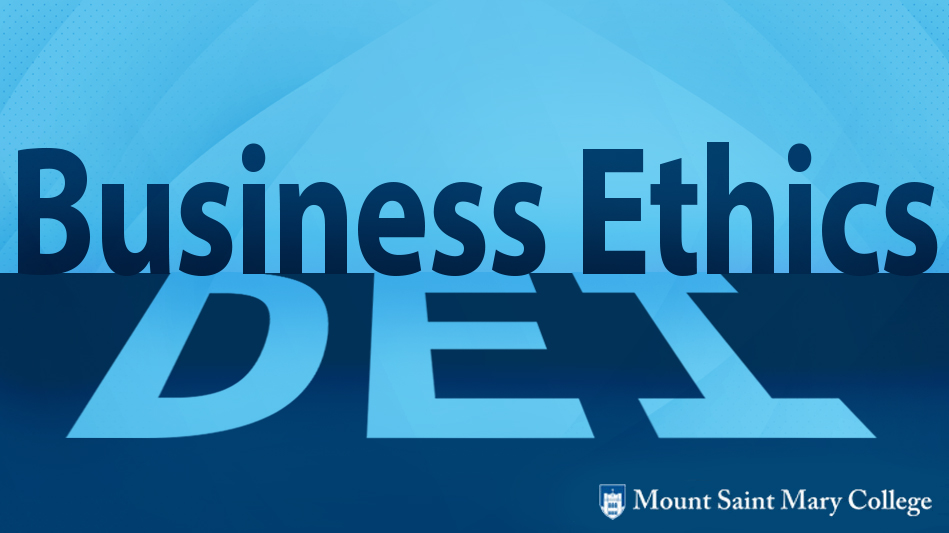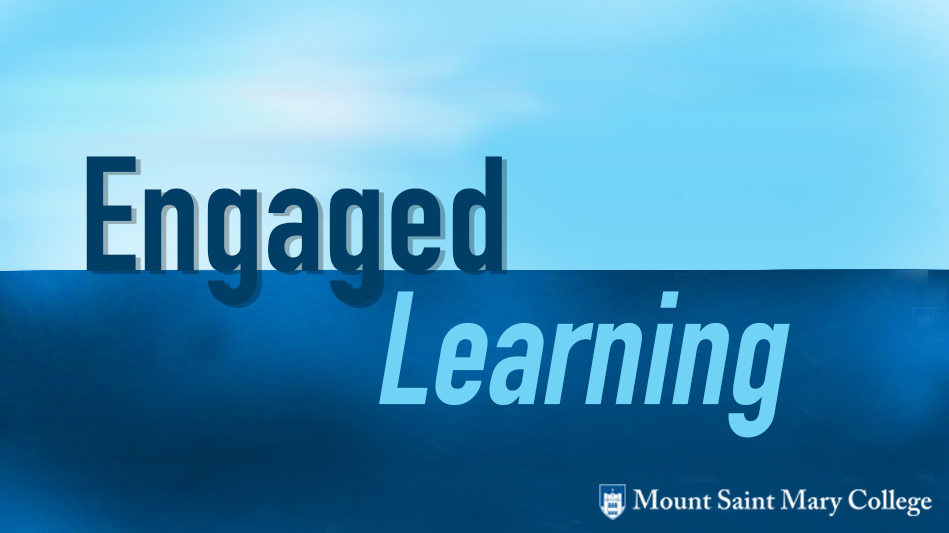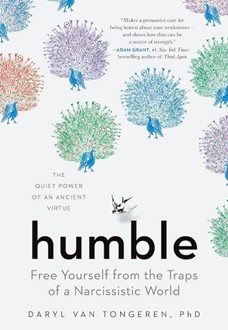By Aaron S. Richmond, Ph. D., Metropolitan State University of Denver
Recently, Lauren, John, and I reflected on and discussed our experiences with Improve with Metacognition (IwM). We laughed and (no crying) found (at least I did) that our experiences were rich and rewarding. As such, we decided that each of us would write a blog on our experience and self-reflection with IwM. Therefore, I’m up. When thinking about IwM, the theme that kept surfacing in my mind is that we are Great, Good, and on a few things—Not-So-Great.
The Great
Oh, how can I count the ways of how IwM is Great. Well, by counting. In my reflection on what we have accomplished, it came apparent that here at IwM, we have been highly productive in  our short existence. Specifically, we have published over 200 blogs, resources about metacognition measures, videos, instruction, curated research articles, and teaching metacognition (see our new call for Teaching with Metacognition). We have created a space for collaborators to gather and connect. We have engaged in our own research projects. We have had over 35 contributors from all over North America and a few from beyond, who have ranged from preeminent scholars in the field of metacognition and SoTL to graduate students writing their first blog. Speaking for Lauren and John, I can only hope that the explosion in productivity and high quality research and writing continues with IwM.
our short existence. Specifically, we have published over 200 blogs, resources about metacognition measures, videos, instruction, curated research articles, and teaching metacognition (see our new call for Teaching with Metacognition). We have created a space for collaborators to gather and connect. We have engaged in our own research projects. We have had over 35 contributors from all over North America and a few from beyond, who have ranged from preeminent scholars in the field of metacognition and SoTL to graduate students writing their first blog. Speaking for Lauren and John, I can only hope that the explosion in productivity and high quality research and writing continues with IwM.
The Good
Ok, it is not just Good—this is just another thing that is great. IwM has produced some amazing blogs. I can’t review them all because, this time I will keep to my word count, but I would like to highlight a few insightful blogs that resonated with me. First, Edn Nuhfer recently wrote a blog titled, Collateral Metacognitive Damage (2017, February). The title is amazing in itself, but Ed extolls the use of self-assessments, why approach and perspective of self-assessment matters  most (be the little engine that could vs. little engine who couldn’t), and provides a marvelous self-assessment tool (http://tinyurl.com/metacogselfassess ). I have already shared this with my students and colleagues. Second, one of the topics I would never have thought of, was Stephen Chew’s blog on Metacognition and Scaffolding Learning (2015, July). I have used scaffolding (and still do) throughout all of my courses, however, I never considered that by over-scaffolding, that I could reduce my student’s ability to calibrate (know when you know or don’t know something). That is, by providing too much scaffolding, it may cause students to be highly over confident and overestimate their knowledge and skill. Third, Chris Was wrote about A Mindfulness Perspective on Metacognition (2014, October). I have been begrudgingly and maybe curmudgeonly resistant to mindfulness. As such, I was skeptical even though I know how great Chris’ research is. Well, Chris convinced me of the value of mindfulness and its connection to metacognition. Chris said it best, “It seems to me that if metacognition is knowledge and control of one’s cognitive processes and training in mindfulness increases one’s ability to focus and control awareness in a moment-by-moment manner, then perhaps we should reconsider, and investigate the relationship between mindfulness and metacognition in education and learning.” There are literally dozens and dozens of other blogs that I have incorporate into both my teaching and research. The work done at IwM is not merely good, it is great!
most (be the little engine that could vs. little engine who couldn’t), and provides a marvelous self-assessment tool (http://tinyurl.com/metacogselfassess ). I have already shared this with my students and colleagues. Second, one of the topics I would never have thought of, was Stephen Chew’s blog on Metacognition and Scaffolding Learning (2015, July). I have used scaffolding (and still do) throughout all of my courses, however, I never considered that by over-scaffolding, that I could reduce my student’s ability to calibrate (know when you know or don’t know something). That is, by providing too much scaffolding, it may cause students to be highly over confident and overestimate their knowledge and skill. Third, Chris Was wrote about A Mindfulness Perspective on Metacognition (2014, October). I have been begrudgingly and maybe curmudgeonly resistant to mindfulness. As such, I was skeptical even though I know how great Chris’ research is. Well, Chris convinced me of the value of mindfulness and its connection to metacognition. Chris said it best, “It seems to me that if metacognition is knowledge and control of one’s cognitive processes and training in mindfulness increases one’s ability to focus and control awareness in a moment-by-moment manner, then perhaps we should reconsider, and investigate the relationship between mindfulness and metacognition in education and learning.” There are literally dozens and dozens of other blogs that I have incorporate into both my teaching and research. The work done at IwM is not merely good, it is great!
The Not-So-Good
IwM has been a labor of love. Speaking for myself, the work that has been done is amazing, exhausting, invigorating, productive, and fulfilling. However, what I believe we  have been “Not Great” at is getting the word out. That is, considering that there are over 200 blogs, resources, curated research articles, collaborations, etc. I believe that one of the things we are struggling with is spreading the gospel of metacognition. Also, despite the fact that Lauren, John, and I have travelled across the globe (literally) promoting IwM at various conferences, so few people know about the good work being done. Moreover, notwithstanding that we have 258 email subscribers, I feel (passionately) that we can do better. I want and desire for other researchers and practitioners to not only benefit from the work we’ve done but to contribute to new IwM blogs, resources, research, and collaboration.
have been “Not Great” at is getting the word out. That is, considering that there are over 200 blogs, resources, curated research articles, collaborations, etc. I believe that one of the things we are struggling with is spreading the gospel of metacognition. Also, despite the fact that Lauren, John, and I have travelled across the globe (literally) promoting IwM at various conferences, so few people know about the good work being done. Moreover, notwithstanding that we have 258 email subscribers, I feel (passionately) that we can do better. I want and desire for other researchers and practitioners to not only benefit from the work we’ve done but to contribute to new IwM blogs, resources, research, and collaboration.
As I do with all my blogs, I will leave you with an open-ended question: What can we do to spread the word of the Great and Good work here at IwM?
Please give me/us some strategies or go out and help spread the word for us.
References
Chew, S. (2015, July). Metacognition and scaffolding student learning. Retrieved from https://www.improvewithmetacognition.com/metacognition-and-scaffolding-student-learning/
Nuhfer, E. (2017, February). Collateral metacognitive damage. Retrieved from https://www.improvewithmetacognition.com/collateral-metacognitive-damage/
Was, C. (2015, October). A mindfulness perspective on metacognition. Retrieved from https://www.improvewithmetacognition.com/a-mindfulness-perspective-on-metacognition/




